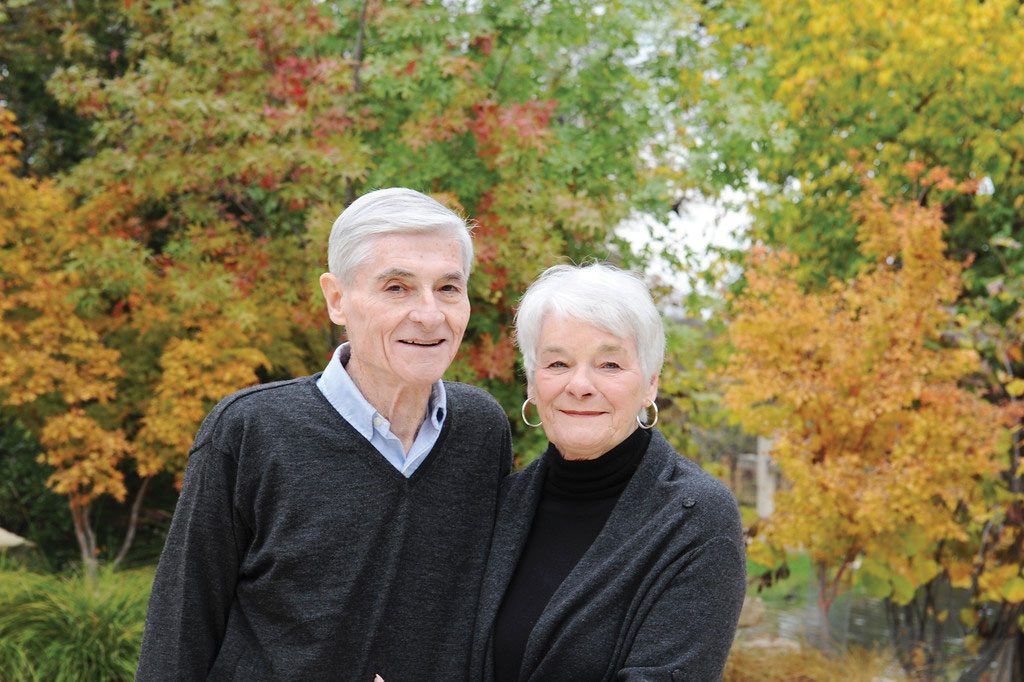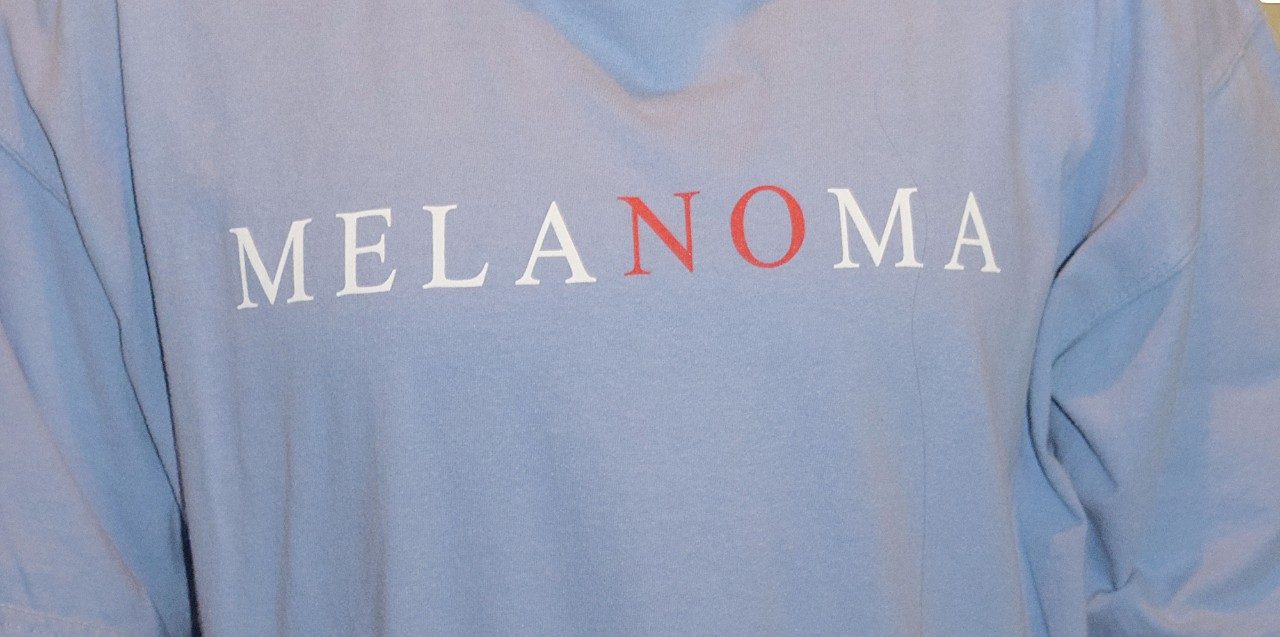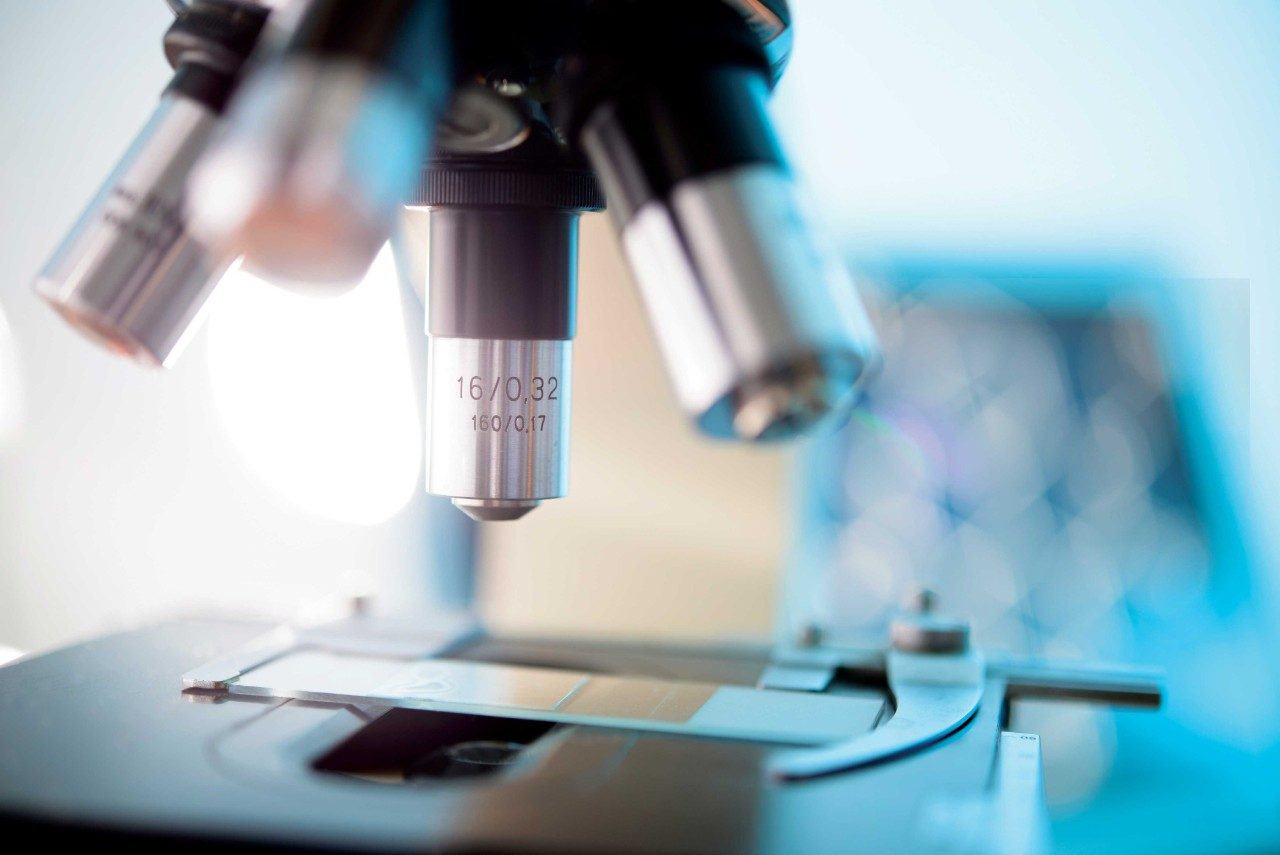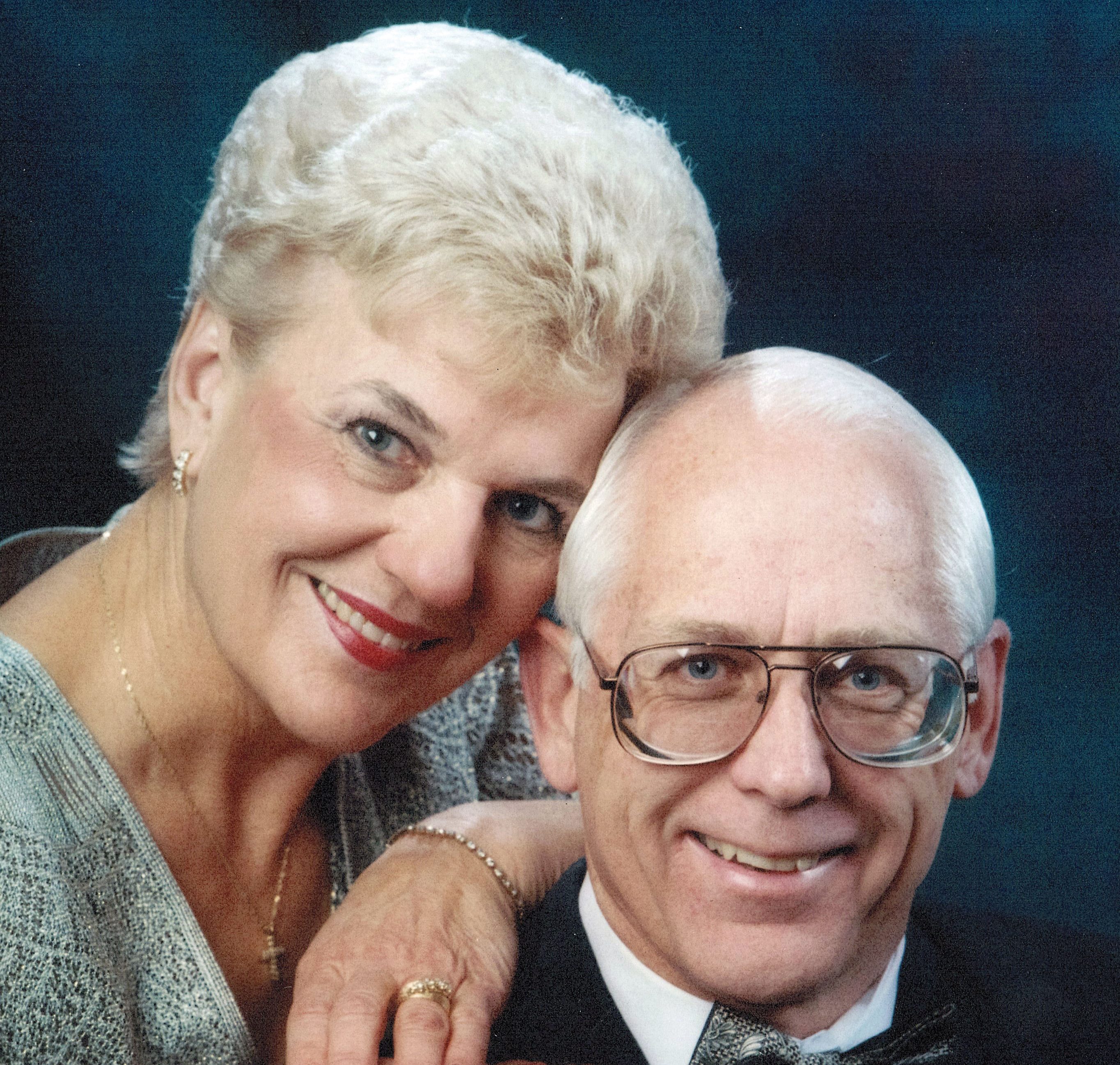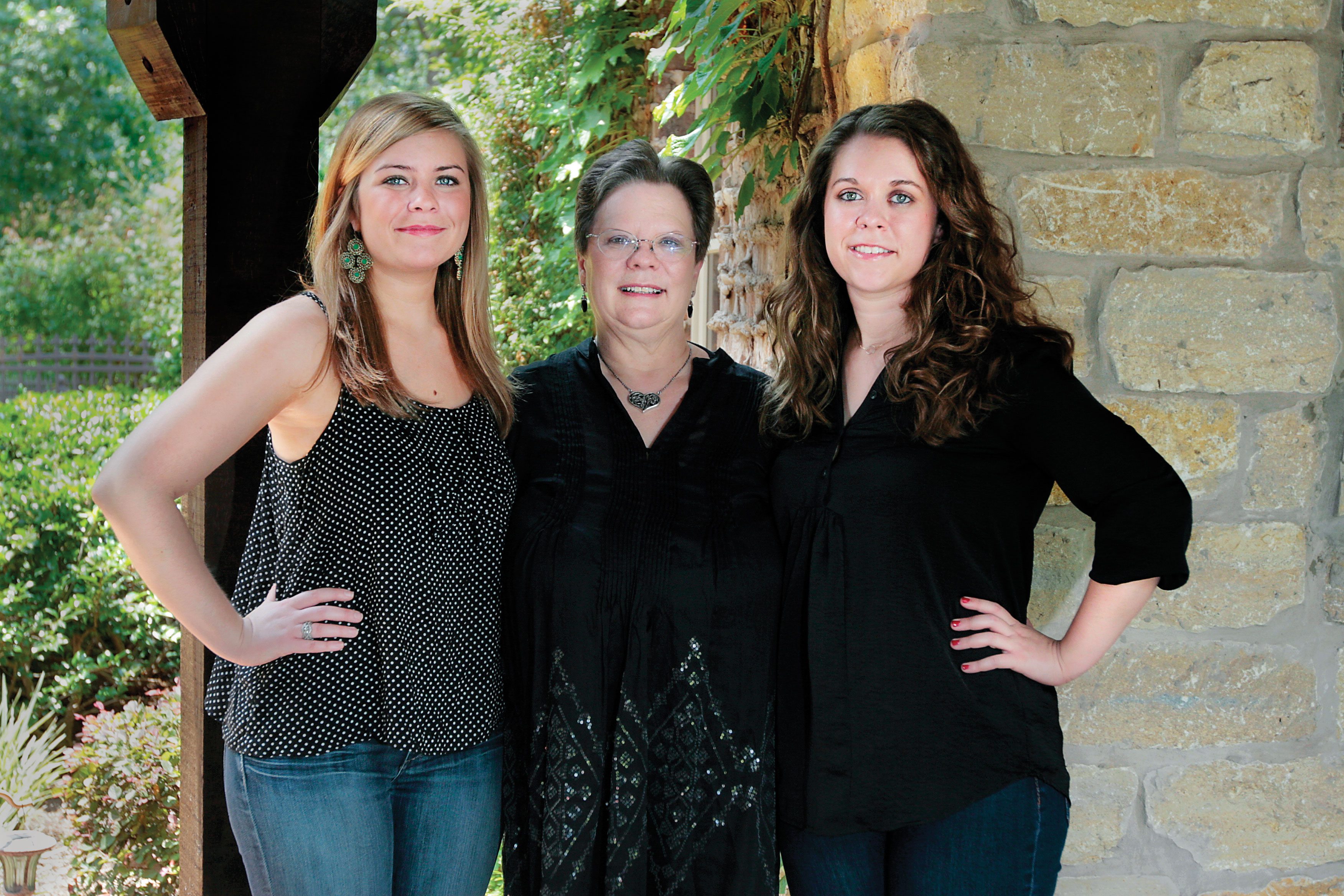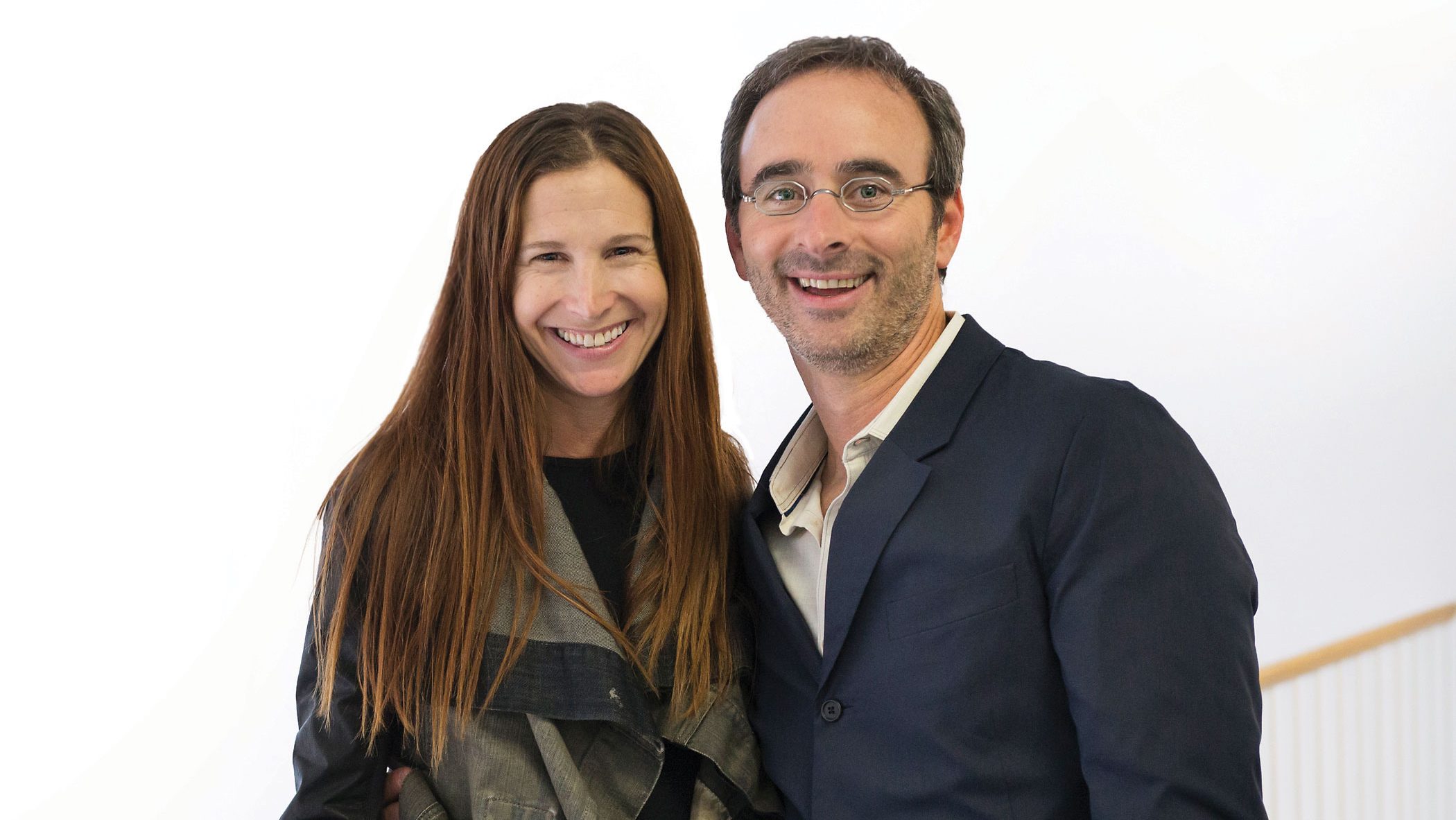Philanthropy recognizes research, clinical excellence
Award recipients demonstrate innovation in Making Cancer History®
Jack and Beverly Randall Prize for Excellence in Cancer Treatment
Ehab Hanna, M.D., professor of Head and Neck Surgery, is the 2016 recipient of the Jack and Beverly Randall Prize for Excellence in Cancer Treatment.
Internationally recognized for his expertise, Hanna has spent the past 12 years at MD Anderson treating patients with skull base tumors and head and neck cancers. His clinical and translational research focuses on developing minimally invasive and robotic applications in skull base surgery.
“This award is particularly meaningful to me because it celebrates excellence in clinical care. I consider it the greatest privilege when patients entrust us with their care at one of their most vulnerable moments — facing the fight against cancer,” says Hanna.
Jack Randall, a member of the MD Anderson Cancer Center Board of Visitors, and his wife, Beverly, established the Randall Prize last year to motivate MD Anderson faculty to continue pushing the boundaries in the fight against cancer. Through an endowment created by the Randall family, a $100,000 cash prize will be awarded each year. The focus alternates between innovations in cancer research and excellence in patient care.
“It’s important to build on MD Anderson’s history of achievement by honoring, encouraging and advancing innovative research,” says Beverly. “This award is our way of supporting tomorrow’s leaders so they have the incentive and resources needed to make this happen.”
Hanna is medical director of the Head and Neck Center and co-director of the institution’s Skull Base Tumor program. He also is president of the North American Skull Base Society.
"I'd like to thank Jack and Beverly Randall for their generous gift and for having the foresight to rotate this award between research and clinical care. All of our groundbreaking discoveries in basic, translational and clinical research ultimately focus on one goal: improving the lives of our patients."
Finneran Family Prize
Gordon Mills, M.D., Ph.D., recently received the second annual Finneran Family Prize, a $50,000 cash award given annually to MD Anderson faculty through the Finneran Family Endowment for Translational Research.
Mills was recognized for his revolutionary efforts as both a physician and biochemist and for his leadership across the institution. He is the founding chair of Systems Biology, the first department of its kind with a cancer focus, and co-director of the Sheikh Khalifa bin Zayed Al Nahyan Institute for Personalized Cancer Therapy. Mills also serves as a leader of MD Anderson’s Breast and Ovarian Cancers Moon Shot.
"It's a great honor to be recognized for career achievement by my colleagues and peers with The Finneran Family Prize in Translational Research," said Mills. "I'm thankful for the vision of the Finneran family and for the dedication of my research team, who come together in this award, to support our efforts to transform outcomes for cancer patients everywhere."
Mills’ research includes mechanistic studies determining the role of genomic and other aberrations in patient tumors; identifying and validing therapeutic targets; developing, validating and implementing molecular markers; and integrating data into predictive mathematical models. He has extensively studied the genomics and genetics of ovarian, breast and endometrial cancers, identifying and characterizing a number of potential oncogenes and tumor suppressor genes that are being explored as markers and targets for therapy.
The Finneran Family Prize was established in 2013 at the Making Cancer History® Gala in Palm Beach, Fla.
Bill Finneran, a prostate cancer survivor and member of the MD Anderson Cancer Center Board of Visitors, says the award is intended to honor those who hold the key to ending cancer for good.
Shirley Stein Scientific Endowed Research Award
Eugene Koay, M.D., Ph.D., and Jeannelyn Santiano Estrella, M.D., have received the 2016 Shirley Stein Scientific Endowed Research Award and $10,000 cash prizes to further their respective research efforts at MD Anderson.
“Our results will help us make progress in pancreatic cancer by identifying patients who will respond to current treatments and emerging therapies. The research was possible because we had a great team of scientists and physicians working together,” says Koay.
“I sincerely thank the Stein family and Regina Rogers for their generosity and the committee for recognizing the important contributions of young faculty members in Pathology,” says Estrella. “It’s traditionally difficult for us in the Pathology department to receive philanthropic funding, as we’re generally behind the scenes in patient care.”
Koay is an assistant professor of Radiation Oncology. His research focuses on developing a new method of characterizing pancreatic ductal adenocarcinomas (PDAC) using routine CT scans.
Estrella is an assistant professor of Pathology. Her research focuses on developing novel biomarkers which will identify patients with metastatic pancreatic neuroendocrine tumors, who are more likely to progress and need intense, focused treatment through clinical trials.
MD Anderson Cancer Center Board of Visitors members Regina Rogers and Gary Stein, along with the Stein family, created the Shirley Stein Scientific Endowed Research Award in 2015 to honor Regina’s lifelong friend and Gary’s mother, the late Shirley Stein, who held a special place in her heart for MD Anderson.
“She felt strongly that although she never had to be cared for there, MD Anderson was one of Houston’s crown jewels and needed to be taken care of,” says Stein. “This is one way we can honor her memory.”
The Stein endowment funds two cash awards each year to recognize exceptional clinical research from faculty members with limited project resources.

